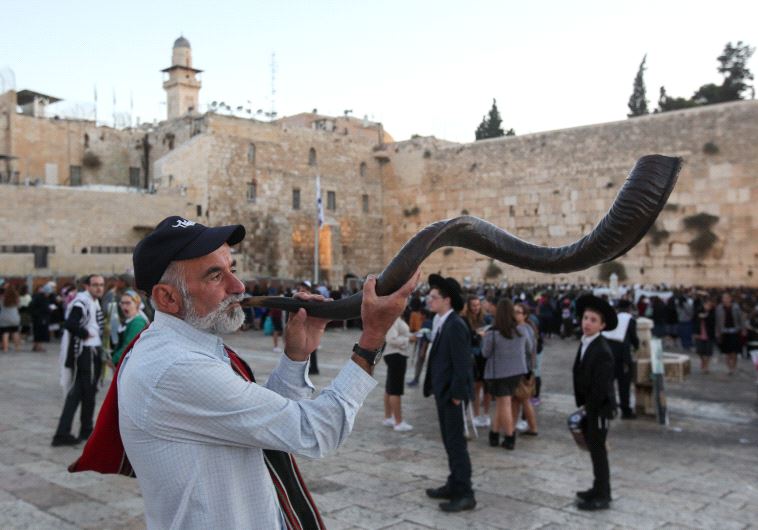A prayer for Jerusalem – the only place where fear and peace can exist in harmony
The Western Wall Plaza is a physical reflection of this dichotomy.
 Hoshana Raba, the seventh day of Succot, at the Western Wall in Jerusalem (photo credit: MARC ISRAEL SELLEM/THE JERUSALEM POST)
Hoshana Raba, the seventh day of Succot, at the Western Wall in Jerusalem (photo credit: MARC ISRAEL SELLEM/THE JERUSALEM POST)